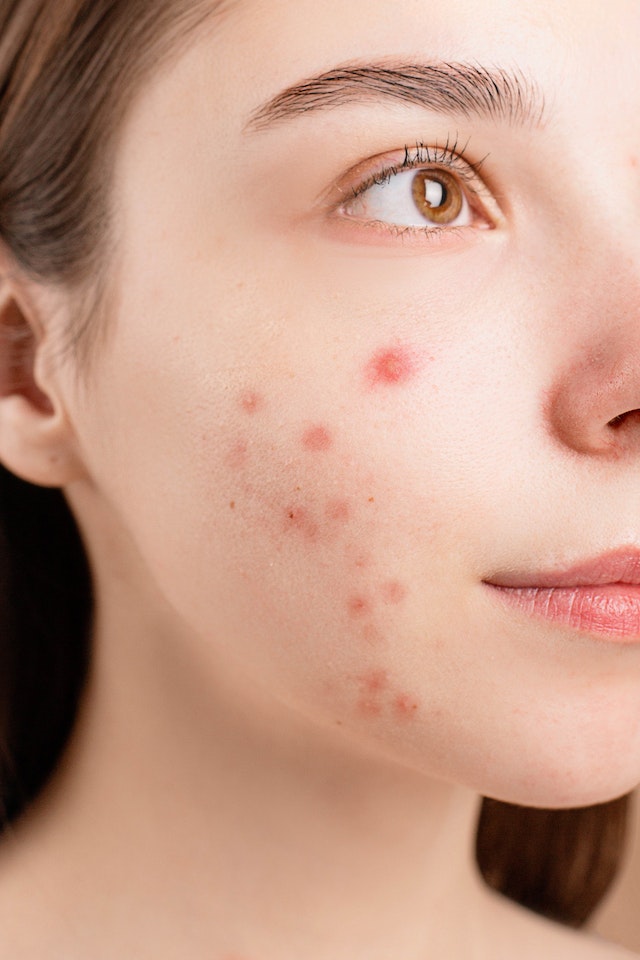As mothers, navigating conversations about puberty, menstruation, and sexual health with
your teenagers can be both crucial and challenging.
It’s a pivotal time when your child is transitioning into adulthood, and open, honest
communication lays the groundwork for a healthy understanding of their bodies and
relationships.
Here are some valuable tips to effectively engage in these discussions and foster a supportive environment for your teenager:
Start Early, Build Trust
Begin discussions about puberty and sexual health early, ideally before signs of puberty
appear.
Establishing an environment of trust and openness from a young age encourages your
teenager to feel comfortable discussing sensitive topics with you.
Use Everyday Opportunities
Utilise everyday situations, like watching TV shows or movies, to initiate conversations
about relationships, consent, and body changes.
This approach helps normalize discussions about sexual health and makes it feel less
daunting for both you and your teenager.
Be Honest and Direct
Be honest and direct in your communication, using accurate terminology for body parts
and functions.
Avoiding euphemisms or vague language helps your teenager understand their body’s
changes and reduces confusion or embarrassment.
Listen and Validate
Listen actively to your teenager’s questions and concerns without judgment.
Validate their feelings and experiences, acknowledging the challenges and uncertainties
they may face during puberty and adolescence.
Respect Privacy and Boundaries
Respect your teenager’s privacy and boundaries during conversations about puberty and
sexual health.
Allow them to set the pace for discussions and share only what they feel comfortable
discussing at the time.
Offer Reliable Resources
Provide access to reliable resources, such as books, websites, or educational
materials, where your teenager can find accurate information about puberty, menstruation,
and sexual health.
Encourage them to ask questions and seek information from credible sources.
Emphasise Consent and Healthy Relationships
Emphasize the importance of consent, respect, and healthy relationships in discussions
about sexual health.
Teach your teenager to recognise and establish boundaries, understand the importance of
mutual respect, and communicate effectively with their peers.
Be Available and Supportive
Be available and supportive whenever your teenager seeks guidance or has questions
about puberty, menstruation, or sexual health.
Create an environment where they feel safe discussing sensitive topics and seeking
advice without fear of judgment or reprisal.
Address Gender and Diversity
Acknowledge and discuss gender identity, sexual orientation, and diversity in sexual
experiences and preferences.
Emphasise acceptance, inclusivity, and respect for individuals of all gender identities and
orientations.
Lead by Example
Lead by example by modeling healthy attitudes and behaviours towards your own body,
relationships, and sexuality.
Your actions and words shape your teenager’s understanding of puberty and sexual
health, so strive to be a positive role model.
In conclusion,
effective communication about puberty, menstruation, and sexual health is essential for
mothers and teenagers alike.
By starting early, fostering trust, and maintaining open dialogue, you can help your
teenager navigate this transformative stage of their lives with confidence, knowledge, and
respect. Remember, these conversations are ongoing and evolve as your teenager grows,
so stay engaged and supportive every step of the way.











